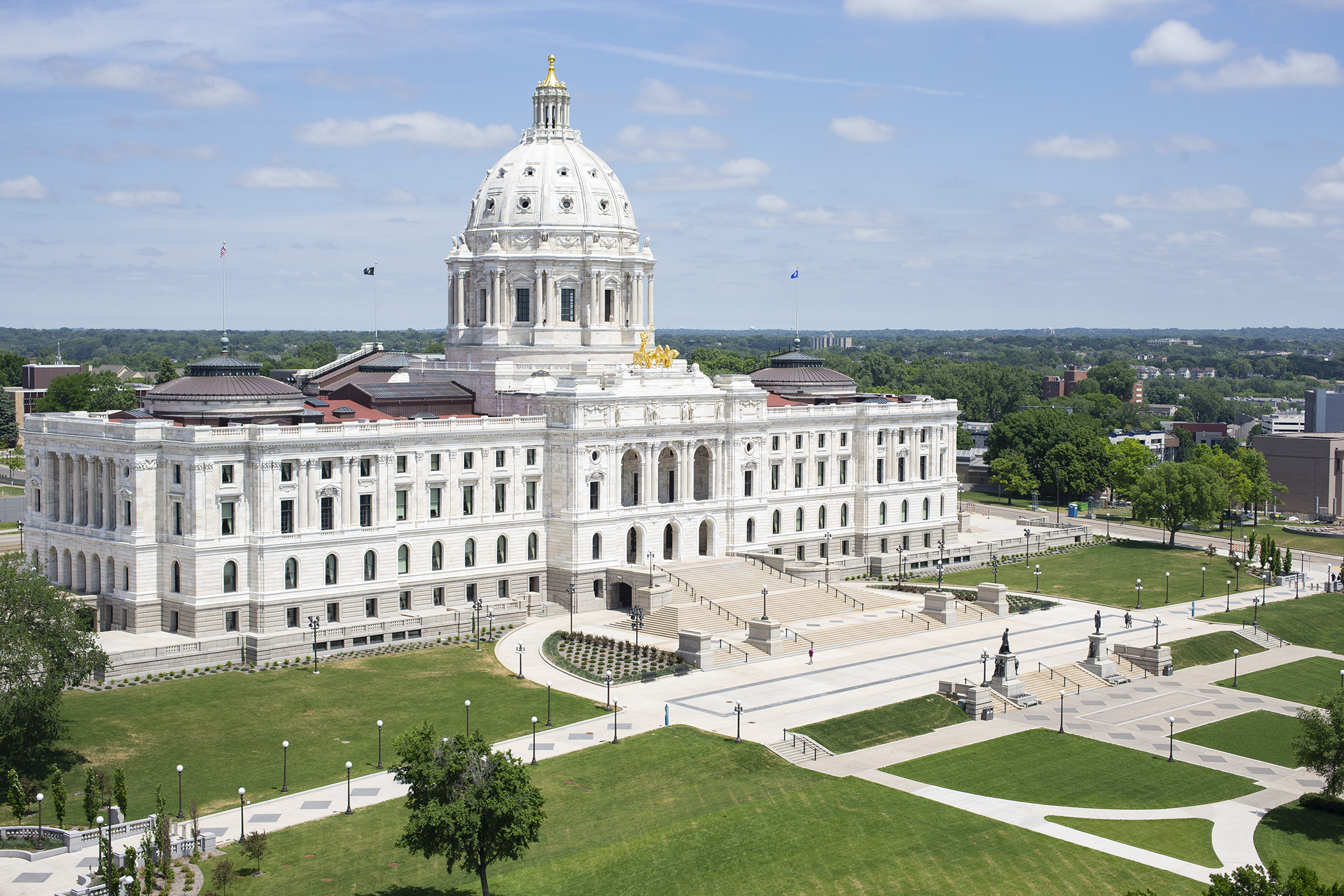Extra time: How Minnesota's special sessions work

The Minnesota Constitution requires the legislative session to finish on the first Monday after the third Saturday in May. This year’s deadline was May 20.
That date came and went with most of this year’s major budget bills unfinished, but the Legislature can no longer take any official action until a special session is called by Gov. Tim Walz. Although there has been no word on when that might be, an announcement is expected soon and lawmakers may start their “extra” session as soon as Thursday.
While everyone waits, here’s a quick primer to catch you up on how special sessions work.
What it is
When legislative action is needed after the period of time authorized by the constitution, only the governor has the power to call the Legislature into special session. This is done by issuing a proclamation that must be filed with the Secretary of State, printed in the journal of each body and in the Laws of Minnesota.
The proclamation must let lawmakers know when the session will begin and inform them of its purpose. They can then reconvene and pass legislation as they normally would. But once the governor has initiated a special session, legislators have the authority to determine how long they will meet and the issues they’ll address.
How it works
Each special session stands on its own. The Legislature cannot carry over bills from a previous session and act on them. New proposals must be introduced.
To accelerate the legislative process, however, constitutional requirements that each bill be referred to a committee upon introduction and considered on three separate days in each body are often suspended. When this is done, a two-thirds vote is required in each house for passage of legislation.
With the current distribution of the political parties in each body, a suspension of the rules would need Republican support in the House and DFL support in the Senate in order to reach the two-thirds threshold. And it’s anyone’s guess whether that will happen this year. If it doesn’t, a one-day special session could be out of the question.
How long they last
The longest special session in Minnesota’s history lasted nearly four months, convening in late May 1971 and not adjourning until the end of October that year. Most last only a few hours or days.
That’s because an agreement limiting the scope and length is usually reached between legislative leaders and the governor before a special session is called.
How much they cost
When a special session is called, many people want to know how much extra it costs taxpayers. The answer is complicated.
In addition to their annual salaries of about $45,000 a year (increasing to $46,500, effective July 1, 2019), Minnesota lawmakers can claim per diem expenses — $66 a day for representatives and $86 a day for senators.
So, if all 134 representatives and all 67 senators claim per diem pay, that amounts to $14,606 per day of a special session.
But there’s also the matter of the $1,800 per month (maximum) that lawmakers can be reimbursed for any lodging costs they incur (it’s the same limit for both senators and representatives). Figuring out how much more money would be paid out to members for each extra day of legislating is also unknown.
But it’s likely that the dollar amount would be low, as the housing allowance is probably already used up well before the end of the month by a lawmaker staying in a hotel or an apartment for the session.
So, with all that in mind, coming up with a precise dollar amount for the cost of a special session isn’t really possible. But if it’s in the range of $10,000 to $20,000 a day, it’s probably much less than people think.
How often they occur
Special sessions are not uncommon. There have been more than 50 in the history of the Legislature. In fact, special sessions have been called more years than not since the turn of the century – in 2001, 2002, 2003, 2005, 2007, 2010 (twice), 2011, 2012, 2013, 2015 and 2017.
Read more about special sessions in this paper prepared by the non-partisan House Research staff in 2010.
Related Articles
Search Session Daily
Advanced Search OptionsPriority Dailies
Ways and Means Committee OKs proposed $512 million supplemental budget on party-line vote
By Mike Cook Meeting more needs or fiscal irresponsibility is one way to sum up the differences among the two parties on a supplemental spending package a year after a $72 billion state budg...
Meeting more needs or fiscal irresponsibility is one way to sum up the differences among the two parties on a supplemental spending package a year after a $72 billion state budg...
Minnesota’s projected budget surplus balloons to $3.7 billion, but fiscal pressure still looms
By Rob Hubbard Just as Minnesota has experienced a warmer winter than usual, so has the state’s budget outlook warmed over the past few months.
On Thursday, Minnesota Management and Budget...
Just as Minnesota has experienced a warmer winter than usual, so has the state’s budget outlook warmed over the past few months.
On Thursday, Minnesota Management and Budget...